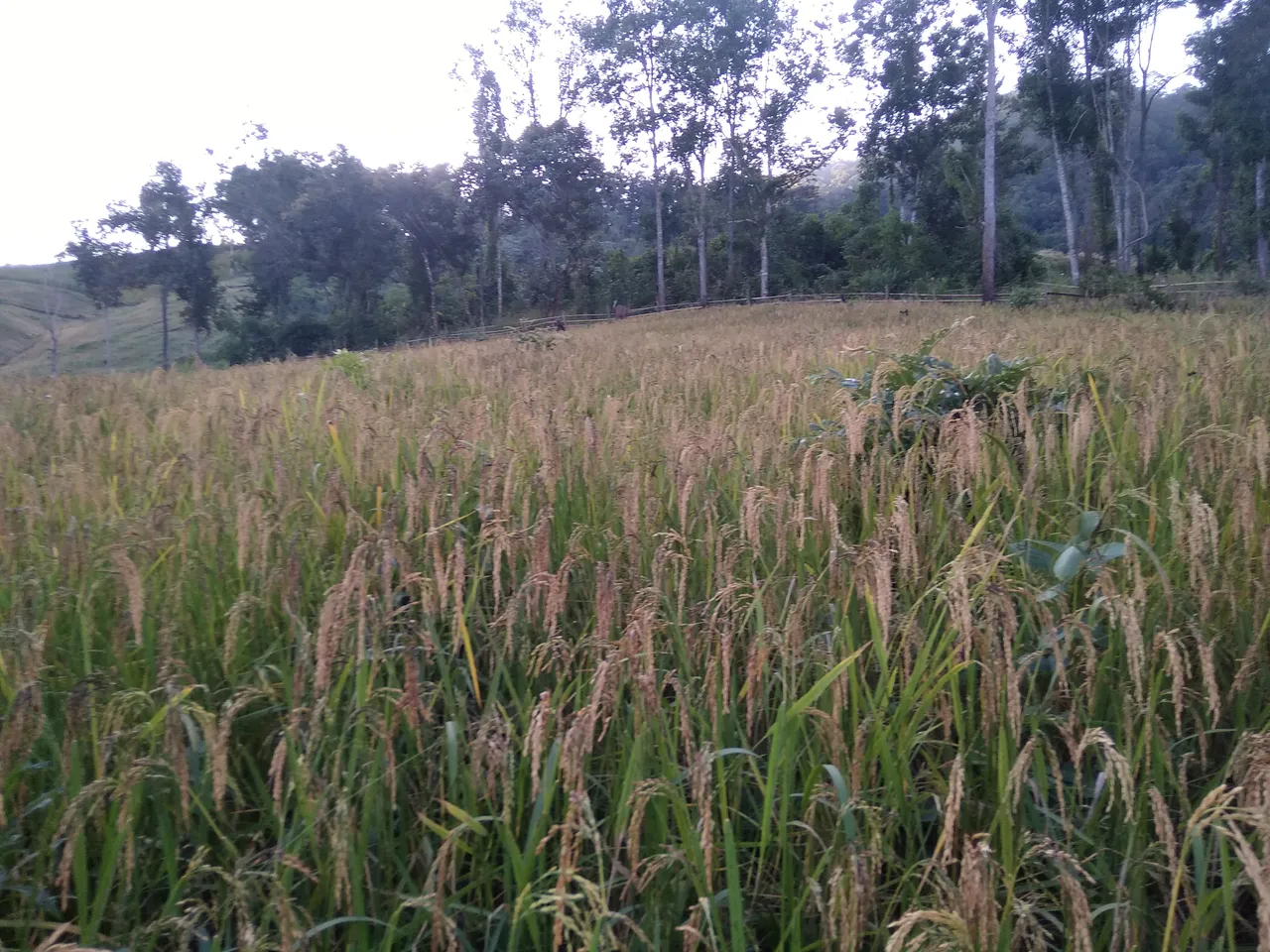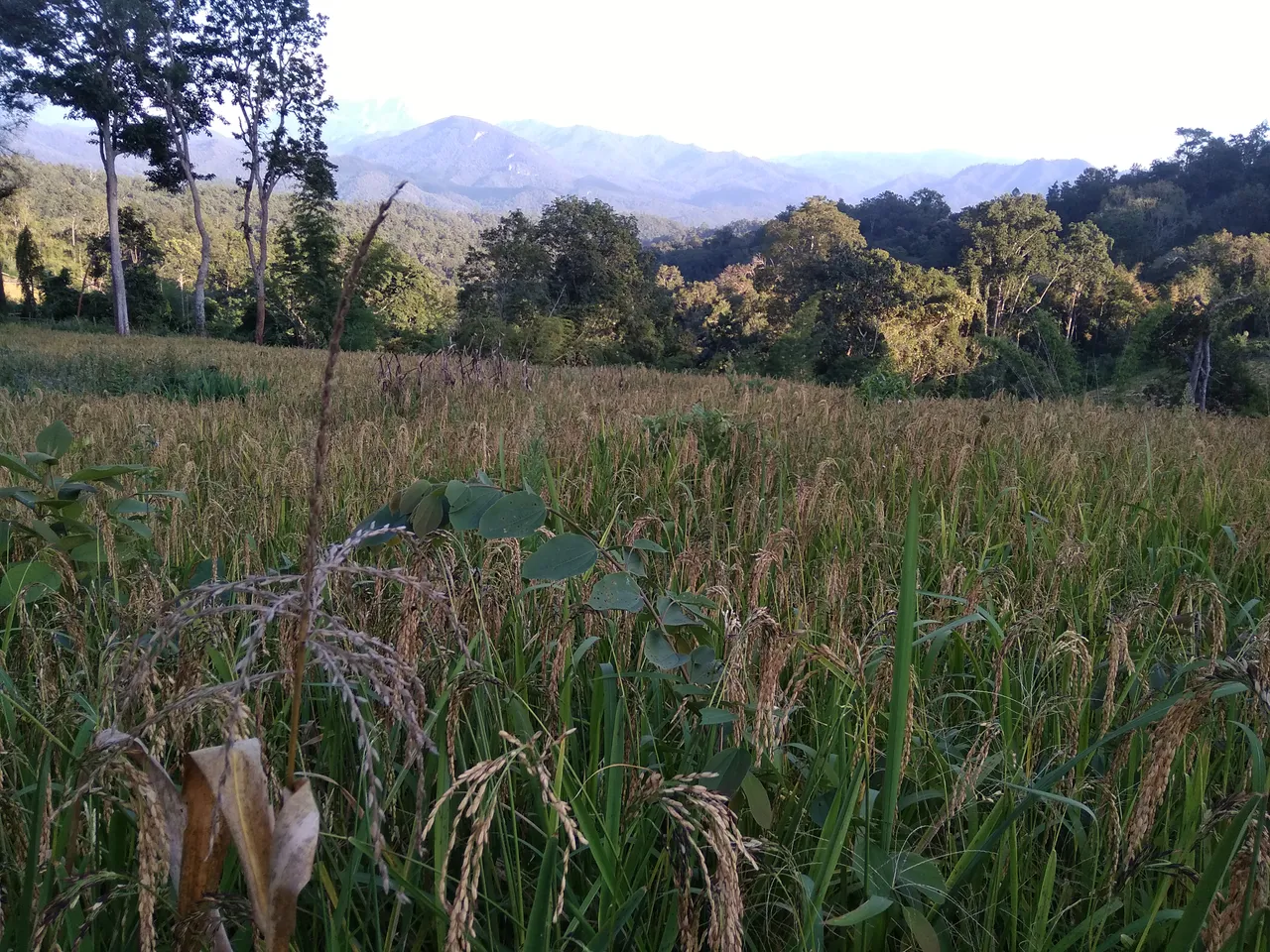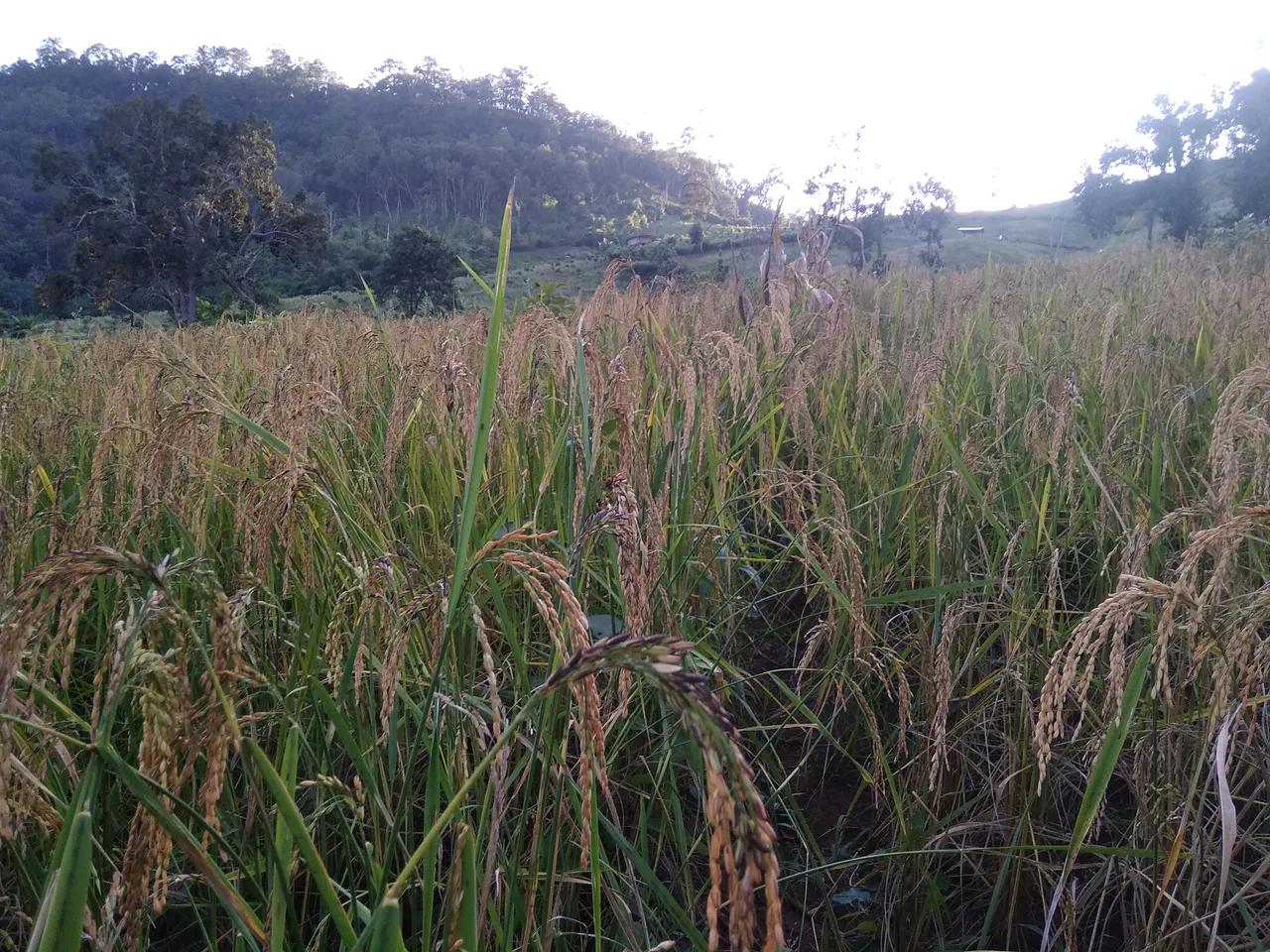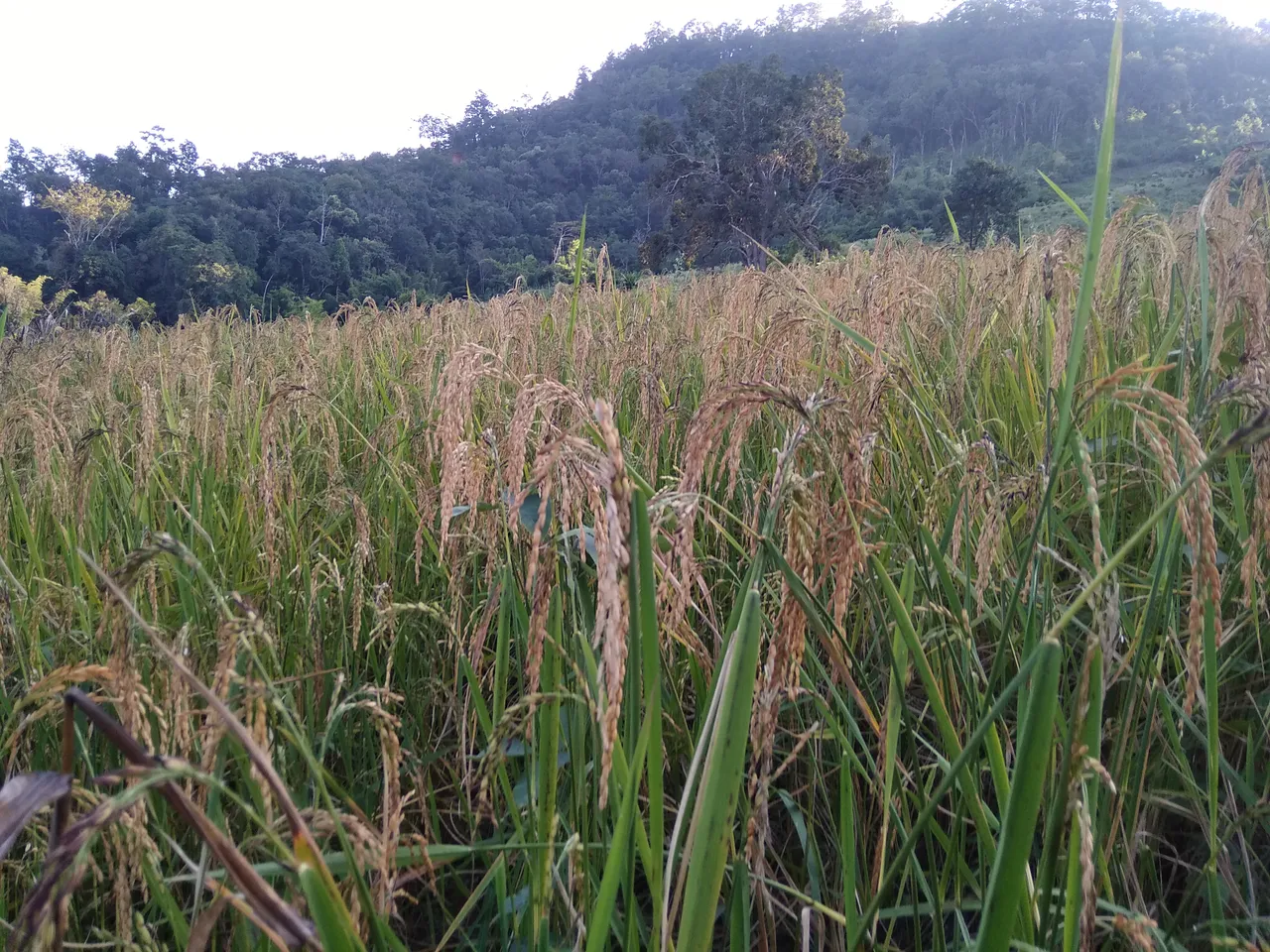Organic farming and the use of pesticides and insecticides in agriculture are important topics, especially in the context of France.










Organic Farming in France:
Organic farming, often referred to as "agriculture biologique" in French, is a sustainable agricultural practice that focuses on producing crops and livestock without the use of synthetic chemicals or genetically modified organisms. Instead, organic farmers rely on natural methods and organic inputs to maintain soil health, reduce pollution, and promote biodiversity.
In France, organic farming has been on the rise in recent years. The government has been actively promoting organic agriculture through subsidies and incentives for farmers to transition to organic practices. This has led to an increase in the number of organic farms and the availability of organic produce in the market. Organic farming in France covers a wide range of crops, including fruits, vegetables, cereals, and even wine grapes.
Abuses of Pesticides and Insecticides:
While organic farming promotes environmentally friendly practices, conventional agriculture in France, like in many other countries, has faced concerns related to the use of pesticides and insecticides. Here are some key points regarding this issue:
Pesticide Usage: Conventional farming in France has traditionally relied on the use of chemical pesticides to control pests and diseases. This practice has raised concerns about the environmental impact of these chemicals, including their potential to contaminate soil, water, and harm non-target organisms.
Health Concerns: Pesticides and insecticides may have adverse effects on human health. Exposure to these chemicals through the consumption of contaminated food or direct contact with them can lead to various health issues, including respiratory problems, skin irritations, and long-term health risks.
Impact on Biodiversity: Pesticides and insecticides can have a detrimental effect on local ecosystems and biodiversity. They may harm beneficial insects, birds, and other wildlife, disrupting the delicate balance of the ecosystem.
Resistance and Residues: Over time, pests can develop resistance to pesticides, leading to the need for stronger and potentially more harmful chemicals. Additionally, pesticide residues can persist on crops, affecting not only consumers but also the environment.
It's important to note that there is an ongoing debate in France, as in many countries, about finding a balance between agricultural productivity and environmental sustainability. Some farmers are adopting integrated pest management techniques that aim to reduce pesticide use while maintaining crop yields.
In recent years, there has been an increasing awareness and demand for sustainable and eco-friendly farming practices in France. This includes not only organic farming but also initiatives to reduce pesticide usage and promote biodiversity in agriculture.
In conclusion, France, like many other countries, faces challenges related to pesticide use in conventional agriculture. Organic farming represents a more environmentally friendly alternative, and efforts are being made to promote its adoption and reduce the abuses of pesticides and insecticides in the agricultural sector.
Posted with proof of brain